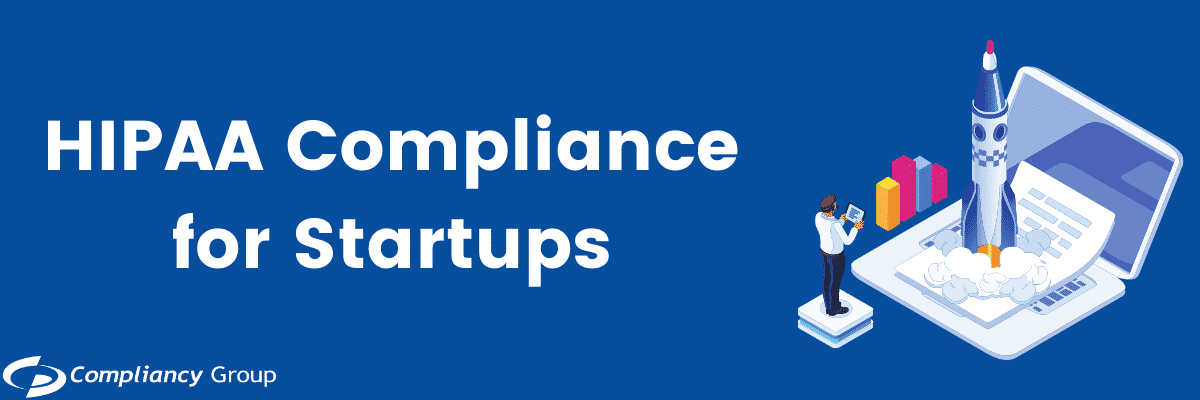You’ve worked hard to get your startup company up and running; you’ve hired your staff, you’ve set up your payroll and secured your office space. But just when you think you’ve done everything you need to do to launch your business, you learn your company must also be HIPAA compliant. If you’re wondering what a HIPAA compliant office space means for you and the future of your startup, you’re not alone. HIPAA compliance for startups can be difficult to navigate.
Fortunately, it’s people just like you who inspired the creation of Compliancy Group. Its cloud-based solution is designed to help you clear all the hurdles necessary to achieve HIPAA compliance, as well as gain a greater understanding of a highly complicated and confusing government mandates.
Startups tend to be software-based in nature, and because of this, they are often in a bit of an unusual situation when it comes to HIPAA. As a software-centered business, they may be handling the PHI of thousands of patients as part of their day-to-day practices. The thought of being responsible for so much private information can be overwhelming, but it is critical that you have all the technological tools and physical protections necessary to make sure that any PHI remains secure.
And when it comes to HIPAA, ignorance of the law does not absolve you of liability in the event that a HIPAA violation occurs. The consequences of violating the law can adversely affect you and your business, whether or not you understand that your company is subject to HIPAA. If, for example, your software is used by a physician’s office for PHI storage, and any of that data can be connected to a specific person in any way, then your company must be HIPAA compliant.
To be HIPAA compliant, you must complete an annual risk assessment, implement policies, train employees, and secure business associate agreements with any individuals or organizations who might share PHI with your business, or vice-versa. In addition, you must make sure that all information in your care is protected and encrypted.
Business associates are any people or organizations that create, maintain, disclose, relay or receive any PHI. You must have a HIPAA Business Associate Agreement (or BAA) with all users, partners, or customers who could be defined as either a business associate or a covered entity under HIPAA.
In most instances you’ll find that hosting companies are willing to sign a BAA with you when you are hosting PHI within their cloud. Other organizations, such as those charged with shredding private documents, may not be as willing to sign these agreements.
Retaining a lawyer is one way to get the help you need to become HIPAA compliant, but this is an option that could cost you thousands. Working with Compliancy Group is a much more cost-friendly way to gain the guidance and documentation necessary to ensure your business will become HIPAA compliant, and stay compliant.
When all is said and done, attaining HIPAA compliance means your business can move forward and you can be confident in knowing that you’ve accomplished all of the necessary tasks outlined in the law. It also means that you’ll be playing an important role in safeguarding PHI.
Healthcare is a critical component of the American financial system, and this portion of the economy will continue to grow as more startups just like yours keep finding fresh new ways to change the industry.







